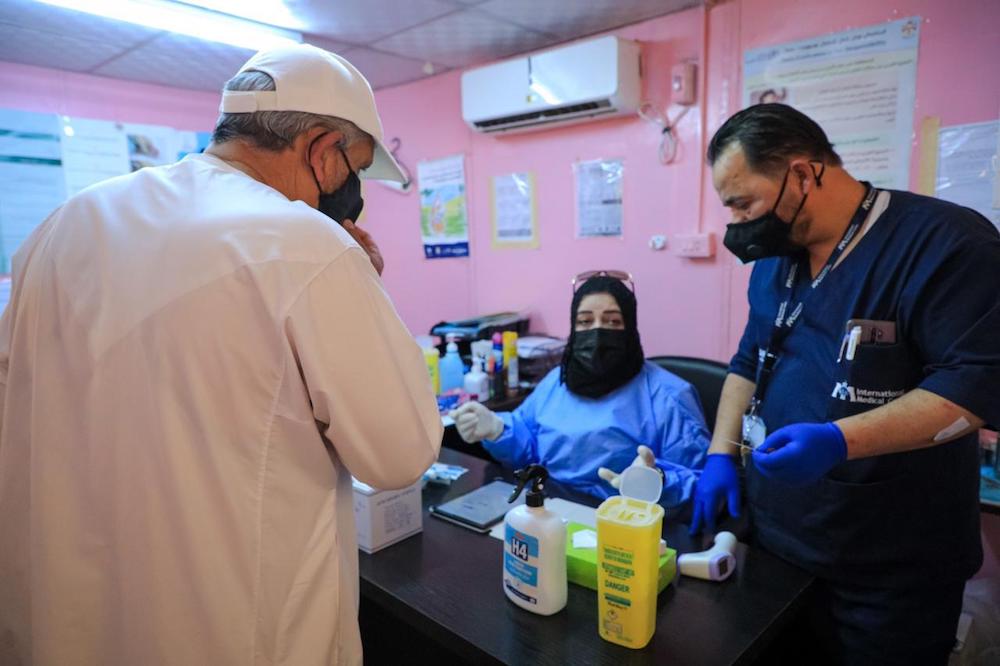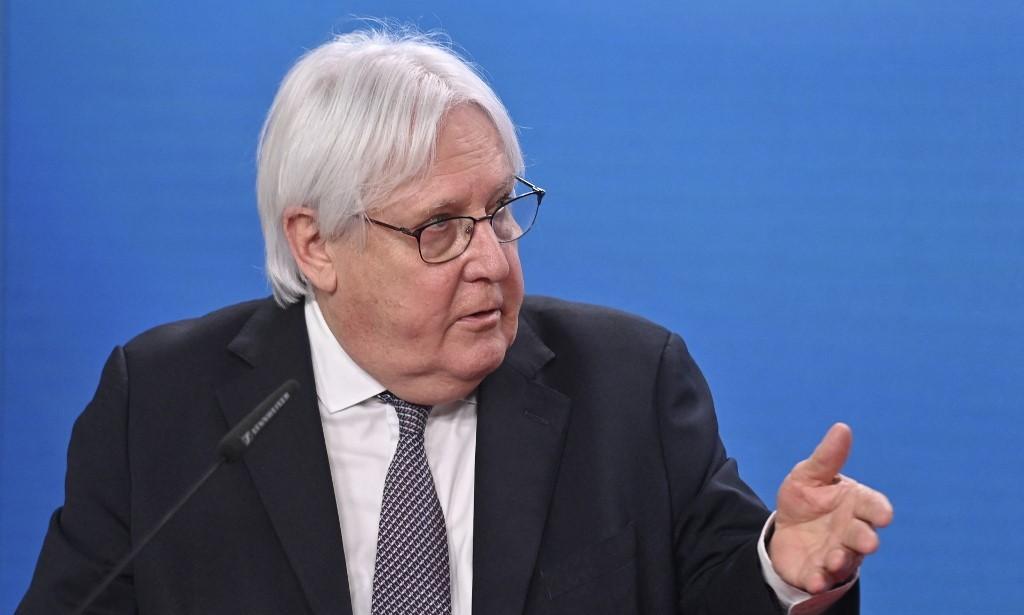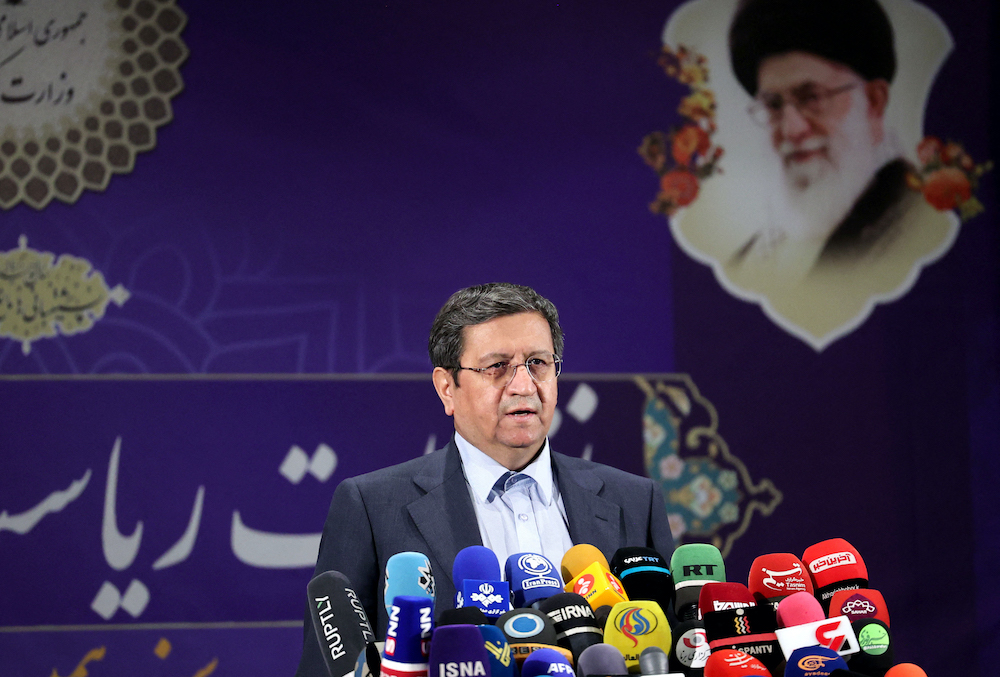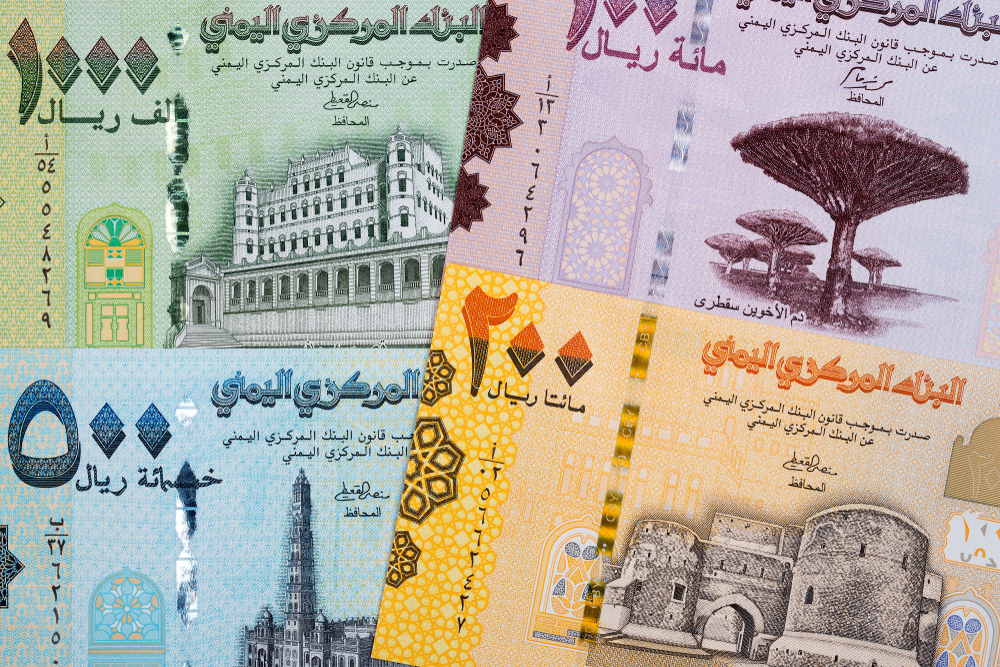Jordan ramps up refugee vaccination drive
AMMAN: Almost a third of the refugees eligible for the COVID-19 vaccine in Jordan have received their first dose, according to the UN refugee agency.
The UNHCR said that 13,455 of the 47,000 people living in Jordan’s camps who were eligible for the jabs had now received at least one dose.
UNHCR Jordan said in a statement to Arab News that, by excluding children under 18 and pregnant women from the inoculation campaign, 47,000 out of the 120,000 living in the Zaatari, Azraq and Emirati-Jordanian camps were eligible to register and receive the jabs.
It said 1,558 refugees were vaccinated on May 25 in the sprawling Zaatari camp on Jordan’s border with Syria. Two vaccination centers operate in the camp, which is home to around 80,000 Syrian refugees.

It added that another vaccination center was operating at the Azraq refugee camp, which is home to around 37,000 Syrian refugees.
Located some 100 kilometers east of Amman, Azraq was set up in 2014 as the Zaatari camp started to run out of space.
According to the UNHCR, more than 20,000 refugees are currently registered on the government platform and are awaiting their vaccination appointment.
“UNHCR Jordan and partners are currently focusing on raising awareness among the remaining population about the benefits of taking the vaccine and encouraging them to register,” the agency said.
The vaccination of Syrian refugees in the two UNHCR-operated camps is part of a wider inoculation drive for refugees that began a few days after the start of Jordan’s nationwide campaign on Jan. 13.
Mohammad Hawari, the UNHCR spokesman in Jordan, told Arab News in early February that Jordan was the first country in the world to include refugees in its nationwide COVID-19 vaccination drive. “The vaccination center in Zaatari is also the first in the world at a UN-administered refugee camp,” he added.

The agency said that refugees living outside of camps in urban areas and cities in Jordan had been receiving their shots independent of the UNHCR by approaching their local vaccination centers when they received an appointment.
Hawari said on Saturday that all vaccines were administered through the Ministry of Health, which provided the agency with “fair and equal” access to the vaccines that the government brought into the country. He added that the jabs given to refugees were Pfizer-BioNTech, Oxford-AstraZeneca and Sinopharm vaccines.
“The success of the vaccination campaign is very much connected to the government’s decision to include all persons on Jordanian territory, nationals and refugees,” said UNHCR Jordan representative Dominik Bartsch. “But we cannot stop here. We need to carry forward the momentum generated thus far to ensure that all eligible refugees are vaccinated. Our aim is to leave no one behind – nobody is safe until everyone is safe.”
The government has said that everyone living on Jordanian soil, including refugees and asylum seekers, are entitled to receive the vaccine for free. It plans to immunize 20 percent of its 10 million population by the end of 2021.
“The inclusion of refugees within the national COVID-19 response plan and vaccination campaign has once again emphasized the generosity that Jordan has shown in hosting large numbers of refugees,” the agency said. “The UNHCR Jordan continues to work closely with the ministry of health to ensure that refugees receive the vaccine on par with the local population.”
Around 10 percent of Jordan’s population are refugees, according to the UNHCR.
Among them are 655,000 Syrians, 67,000 Iraqis, 15,000 Yemenis, 6,000 Sudanese and 2,500 refugees from 52 other nations. More than 80 percent of them live outside refugee camps, in cities and towns.
This year, UNHCR Jordan is appealing for $370 million to help refugees to cope with the additional challenges posed by the pandemic.
The government has previously announced that more COVID-19 vaccines are to arrive in the country under deals struck with manufacturers and the global COVAX initiative.
In its latest update on May 27, Jordan’s National Center for Security and Crisis Management said that 1.39 million people had received their first dose while 490,562 people had received their second.
The total number of people registered on the government platform to be vaccinated is 2,305,248.

Tears, relief, and gratitude as Jordan vaccinates Syrian refugeesJordan starts ‘world first’ COVID vaccinations in refugee camp



